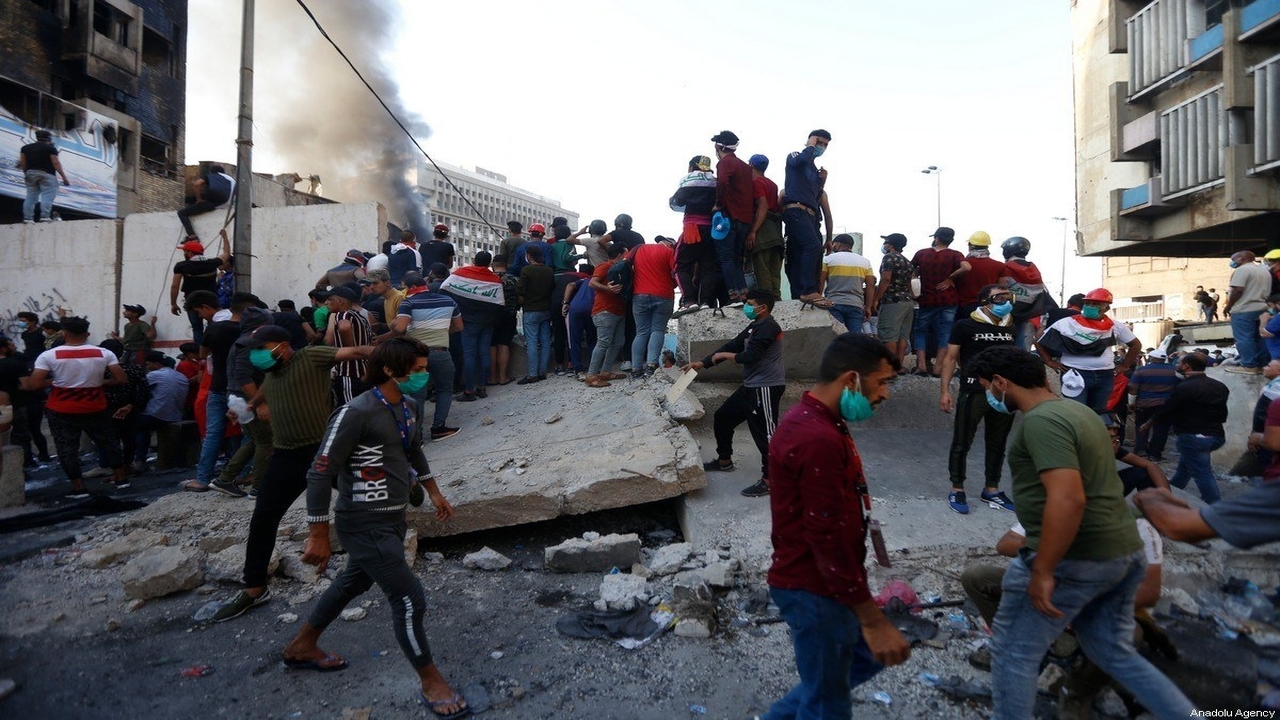On Monday, November 18, protesters in Iraq blocked the entrance to the country’s main commodities port, Umm Qasr, near Basra, and stopped the staff and oil trucks from entering, leading to a 50% drop in operations. This is part of the ongoing anti-government protests that began in the country in the beginning of October.
Close to 320 people have been killed since October 1, and 15,000 injured at the hands of the Iraqi security forces.
Protesters also blocked the entrance to the Majnoon oil field in Basra, which is responsible for close to 80% of Iraqi oil exports. Many schools and government offices in the southern cities of Hilla, Diwaniya and Karbala were also shut for the day following calls for a general strike. The teachers’ unions had also declared a strike. In Najaf and in Baghdad, partial closure of schools and government offices was reported.
Previously, the Umm Qasr port had been blocked by the protesters from October 29 to November 9. It was briefly opened for operations from November 7 to November 9. The blockage of this port cost Iraq an estimated USD 6 billion during the first week of closure itself, according to a government spokesperson.
The city of Karbala also witnessed a shutdown of the majority of shops and markets, after the local trade chamber issued calls for a general strike. In the southern city of Nassiriya, all schools and government offices remained closed, but hospitals were open. Protesting workers in the cities of Hilla and Diwaniya marched towards the city centers to take part in the main protest camps.
Labor unions in Baghdad also marched to the central Tahrir square, and joined the thousands of protesters who have been gathering there since October 24. The Iraqi security forces have brutally cracked down on these protesters, using live fire (including machine gun fire), stun bombs and heavy duty tear gas canisters, which has resulted in hundreds of deaths and thousands being injured.
The current protests, the largest since the fall of former dictator Saddam Hussein in 2003, started as a spontaneous public uprising against the country’s existing political elite, the massive corruption, lack of jobs, and the inadequate reforms, which have led to frustration and anger among the populace. The Iraqi people view their government as non-performing, self-serving and catering only to the interests of their foreign allies and patrons.





